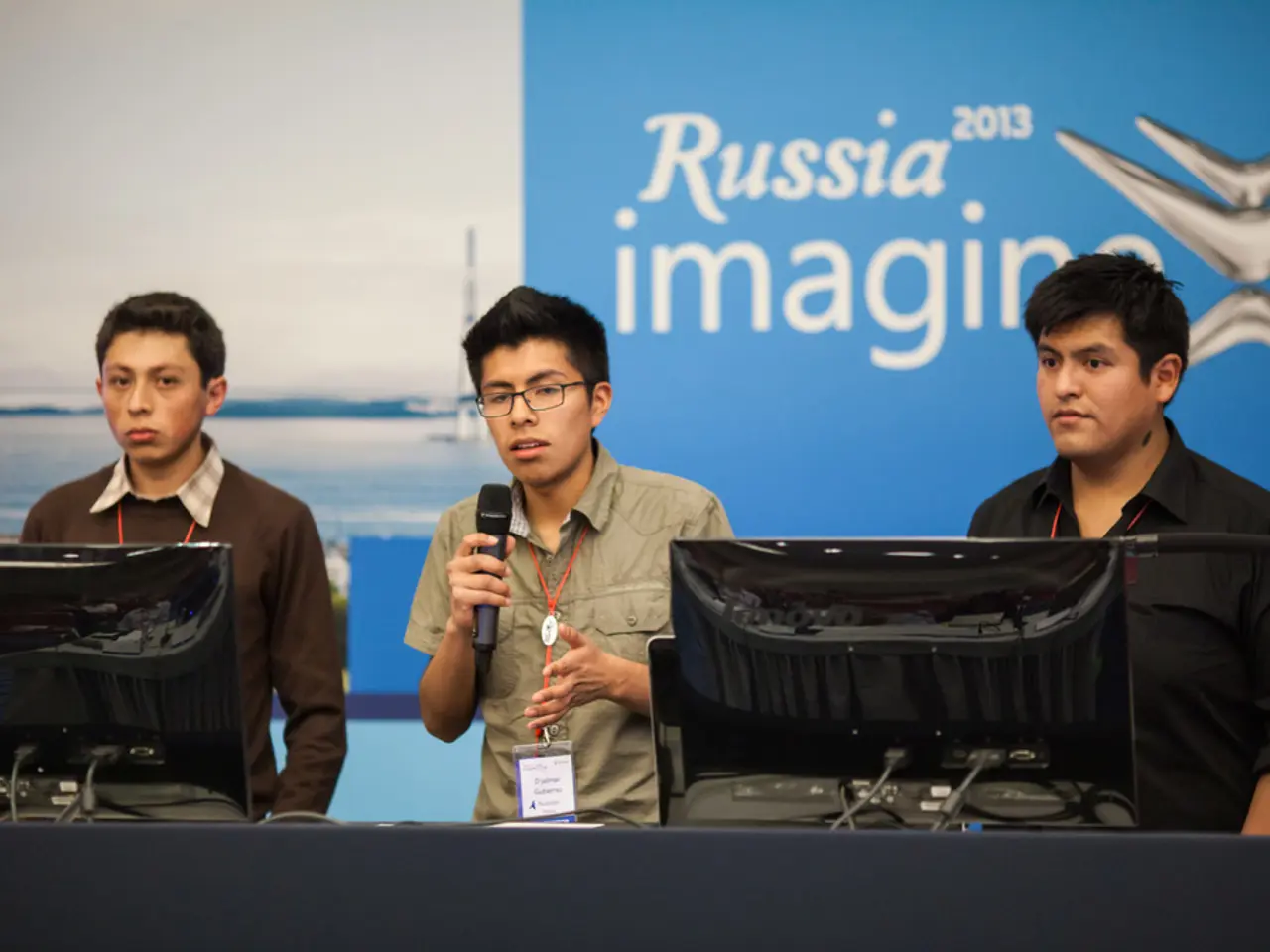In Russia, not just evangelicals are protesting against a prohibition on home-based churches
In the heart of January 2025, the Russian Parliament is set to debate a contentious bill that has stirred a whirlwind of concern among various religious denominations. The bill, originating from the New People party, aims to ban religious activities in houses and apartment blocks, a move that has sparked heated discussions and raised questions about religious freedom.
The bill, if passed as law, would mean a prohibition on any spiritual gatherings in buildings not approved as places of worship, effectively outlawing house churches or informal religious gatherings. This proposed legislation has been contested by virtually all denominations, including the Russian Orthodox Church, the Russian Evangelical Alliance (REA), the Adventist Church, and the Roman Catholic Church in Russia.
The Russian Orthodox Church has called for a revision of the bill, with the head of the Moscow Patriarchate's legal department expressing concern that the bill could lead to the closure of Orthodox house churches and threaten the sacraments of communion, unction, and other religious rites performed in residential premises. Vitaly Vlasenko, the general secretary of the REA, has urged against passing laws that may bring more conflict and called for joint work to find "reasonable solutions protecting the rights of believers and taking into account the interests of all citizens."
Oleg Goncharov, an Adventist representative, has expressed his concern that the bill would worsen the situation in Russia, creating ground for social and interfaith conflicts. He analogized the proposed law to removing shops, clubs, restaurants, and offices from residential buildings, emphasizing the potential disruption it could cause.
The Roman Catholic Church in Russia has also expressed concerns about the proposed ban on religious activities in houses and flat blocks. Vitaly Vlasenko, in an interview, expressed his concern that the bill may be a hidden form of restriction on religious freedom for Russian Protestants.
As of August 2025, there is no publicly available, specific information indicating that a new Russian bill explicitly threatens religious activities in private homes or flat blocks, or detailing its current legal status. Recent legislative actions in Russia primarily focus on online censorship and extremist materials rather than directly targeting religious activities in residences.
Historically, Russian law has been criticized for favoring the Russian Orthodox Church and restricting other religious groups, complicating their legal registration and activity. No recent sources confirm a newly passed bill specifically addressing religious worship in domestic spaces. However, the government continues to impose broad controls on dissent and extremist definitions, which may indirectly impact religious minorities depending on enforcement.
The debate on the bill is scheduled for January 2025, with a Duma parliamentary committee set to start examining the details of the bill in the first days of the month. As the debate unfolds, authoritative Russian legal updates or human rights reports will be necessary to provide the most current status or any new developments regarding this controversial proposed law.
- The bill, if passed, would not only impact house churches and informal religious gatherings, but it could also threaten the sacraments of various religious denominations, including the Russian Orthodox Church, the Roman Catholic Church, and the Adventist Church.
- Amid concerns about potential restrictions on religious freedom, leaders from the Russian Orthodox Church, the Russian Evangelical Alliance (REA), and the Roman Catholic Church in Russia have urged for a revision of the bill, advocating for reasonable solutions that protect the rights of believers and consider the interests of all citizens.








